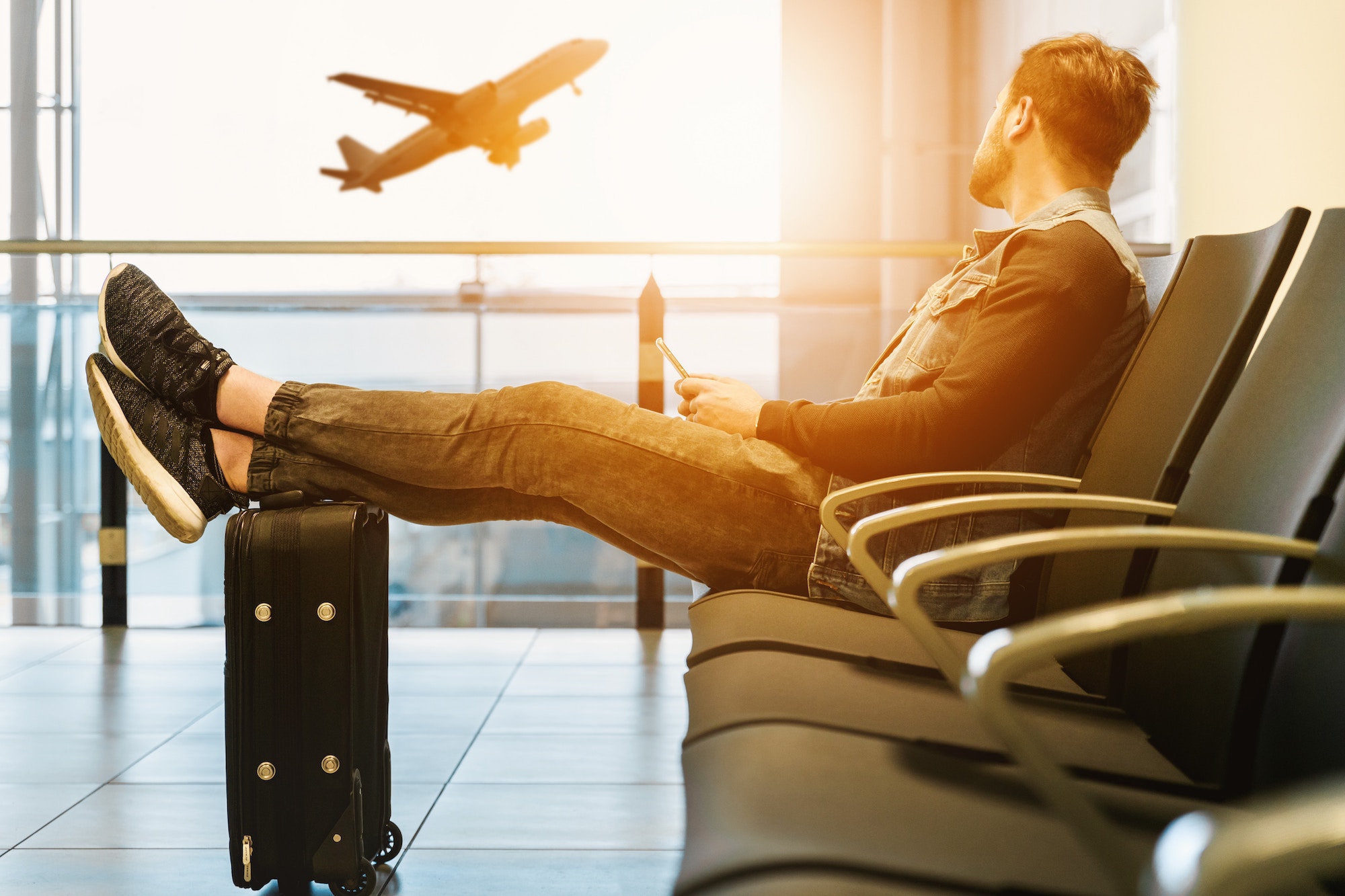Airlines Now Have to Pay You Up to $1,000 if They Delay Your Flight

Credit to Author: Anne Gaviola| Date: Thu, 12 Dec 2019 19:43:20 +0000
If you’ve ever tried to get an airline to pay you for anything—lost luggage, a delay, or cancellation—you know it’s a pain. It takes time to get ahold of anyone who can actually help you. And you have to explain—maybe via an angry Twitter thread—that it wasn’t OK that you arrived four hours after some important event started.
But new federal rules that kick in Sunday force airlines to pay you money for your trouble.
The first wave of the “air passenger bill of rights” came into effect in July, covering compensation for overbooking, lost and damaged luggage and delays on the tarmac. This week, the final round will be implemented, outlining what happens when flights are cancelled and delayed. They apply to all flights in or out of Canada.
But there’s a giant catch—airlines are exempted from paying the fees if the delays are due to bad weather delays or mechanical issues (more on that later).
Here’s what you need to know about what is, and isn’t covered, because everything is on you—you have to chase the airline for money.
How much money?
Compensation depends on the kind of airline. If it’s a big one like Air Canada or WestJet, a short delay of 3 to 6 hours is $400 while a delay of 9 hours or more is $1,000. If you’re flying with a smaller carrier such as Porter or Swoop, delays of more than 3 hours range from $125 to a maximum of $500.
The new rules state that you’re owed money and if the airline offers you a voucher, you can insist on getting cash. You can choose a voucher or some other kind of compensation if you want to—but you should know that under the new regulations, vouchers should be worth more than the money you’re owed. It’s not acceptable for a voucher or some other freebie it offers you to be the worth same as the amounts listed above, or less. So you can only trade up.
The onus is on you to follow up within a year if you want any kind of compensation. You can try to negotiate directly with the airline, or file a complaint with the Canadian Transport Agency (CTA) here. Explain what happened and provide proof of any communication with the airline (so keep those emails, texts, and Twitter responses). The airline has 30 days to either pay you, or explain why it won’t.
If your flight is cancelled
If the flight you were supposed to be on is cancelled, it’s on the airline to make sure you get to where you paid to go… eventually. If it doesn’t have another flight within nine hours of your original departure time then it must book you with another carrier. And you can’t be downgraded (if you were in business class you can’t be moved to economy, you fancy pants).
If you don’t like your rebooking options, you can demand a full refund, plus compensation for the inconvenience and time lost.
Decent treatment
If your flight is delayed by less than 3 hours, but is more than two hours late, you’re entitled to food, drinks and free Wi-Fi. And if you’re delayed at night, the airline has to put you up in a hotel or give you some sort of free accommodation, and pay for you to get to and from that place and the airport.
There are also rules that require kids to be seated with or near their parent or guardian, depending on their age, for no extra charge.
Here’s the catch
Which brings us to the mother of all catches, which is baked into the new rules. Airlines don’t have to pay a thing if the cause is bad weather or mechanical problems. So if you’re trying to fly home for the holidays during a snow or ice storm, you’re out of luck.
But, as passenger rights advocate Gabor Lukacs told VICE, the airline can cite “mechanical issues” for almost anything.
“What is left? Weather is out. Maintenance issues are out. Under what circumstances will passengers get compensation? Perhaps a drunk pilot?” he said. It’s like the status quo, but with the illusion of protection. Lukacs says passengers are actually worse off than before, because now, the catch-all mechanical issues, is officially acceptable.
“Canada’s new rules protect the airlines, not the passengers,” said Lukacs. “The government is putting out a big piece of legislation with elaborate figures but in reality, passengers will never see a dime.”
The CTA is able to fine airlines for up to $25,000 for infractions. But it doesn’t do that often. Between 2018 and 2019, the CTA gave out 63 formal warnings (that’s the equivalent of a stern talking-to) and 16 monetary penalties (totalling $185,000, which is way less than the previous year’s $550,750).
All good to know as we approach the busiest air travel time of the year.
Follow Anne Gaviola on Twitter.